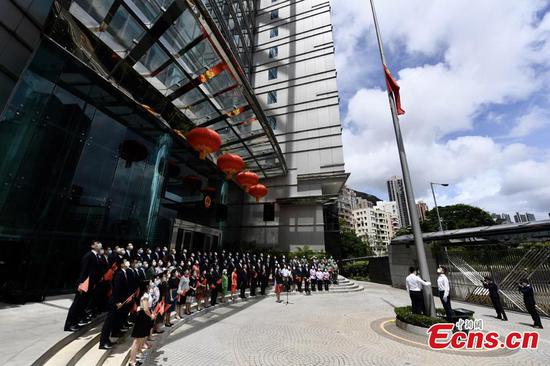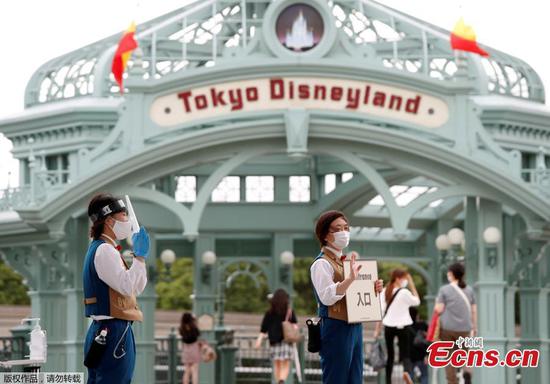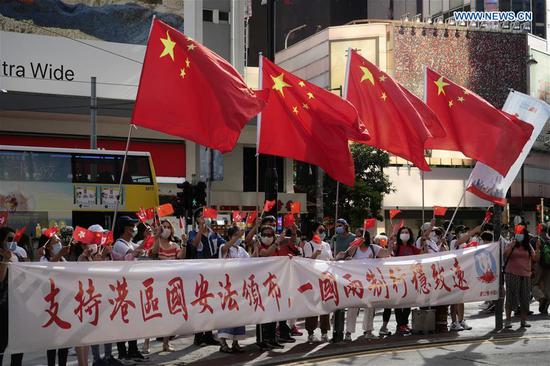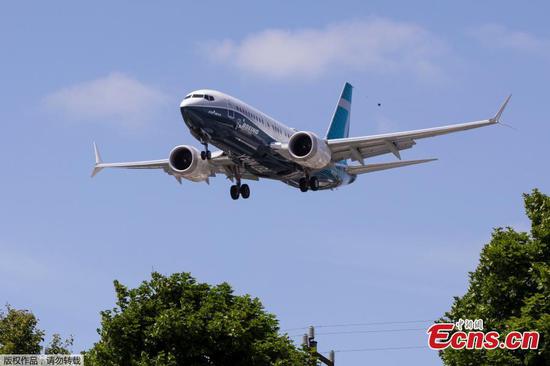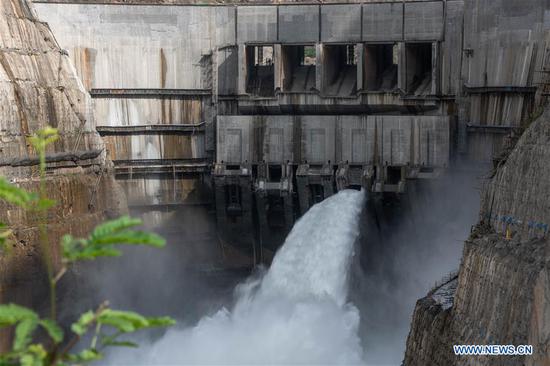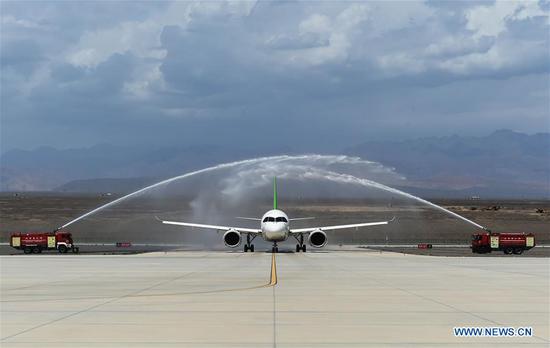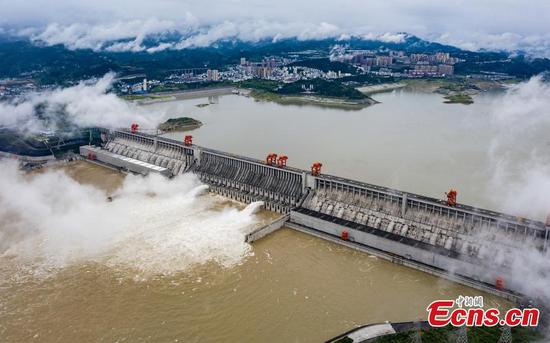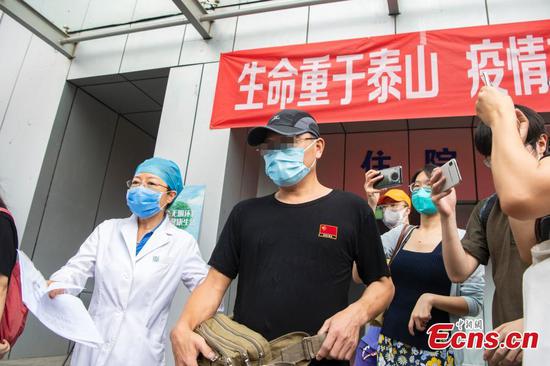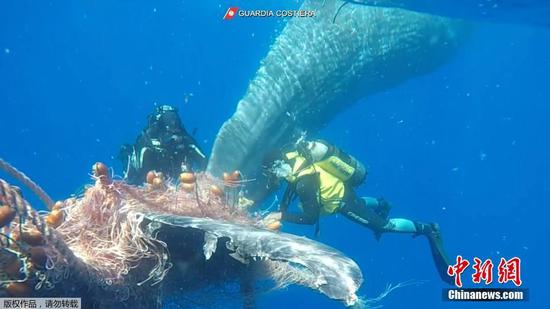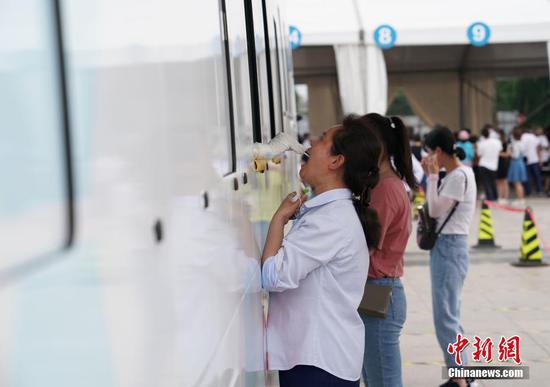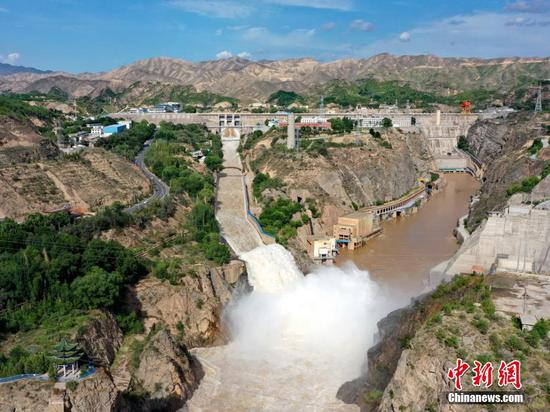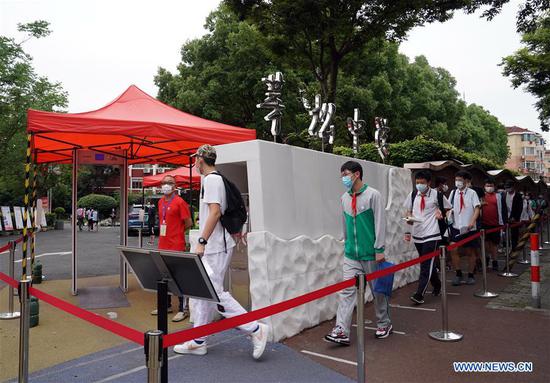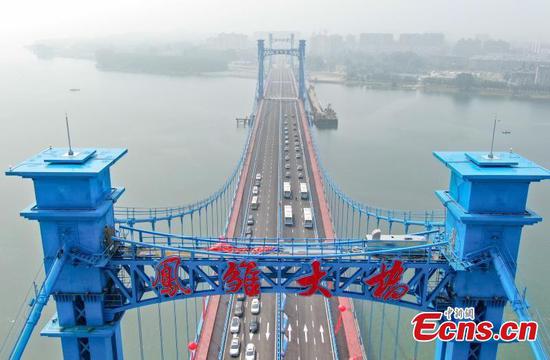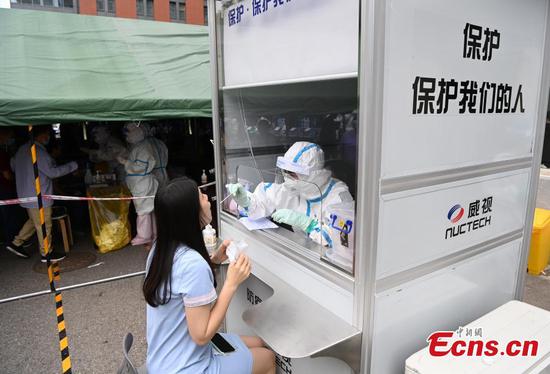China has asked four U.S. media outlets to disclose details about their staff and financial operations in the country within seven days starting from Wednesday, in response to Washington's unreasonable treatment of Chinese media organizations in the United States.
Foreign Ministry spokesman Zhao Lijian announced on Wednesday that The Associated Press, United Press International, Columbia Broadcasting System and National Public Radio must declare in written form information about their staff members, financial information, operations and real estate.
According to Zhao, the actions are "all necessary countermeasures" in response to the U.S.' unreasonable treatment of Chinese media. Last month, the U.S. State Department designated four Chinese media outlets as foreign missions in the U.S., adding them to five others so designated in February.
The nine Chinese media organizations are required to report details of their U.S.-based staff and real estate holdings to the U.S. State Department.
"China is only responding in legitimate self-defense," Zhao told reporters at a regular news briefing in Beijing.
In March, China had required Voice of America, The New York Times, The Wall Street Journal, Time magazine and The Washington Post to declare information about their staff, finances, operations and real estate in China.
The spokesman stressed on Wednesday that in recent years, the U.S. government has placed unwarranted restrictions on Chinese media agencies and personnel in the U.S., purposely made things difficult for their normal reporting assignments and subjected them to growing discrimination.
"The actions by the U.S. are based on a Cold War mentality and ideological prejudice, which have gravely damaged the reputation of the Chinese media, Chinese journalists' normal reporting activities and normal people-to-people exchanges between the two sides," he said.
Zhao added that the U.S. restrictions exposed the hypocrisy of the so-called press freedom touted by Washington.
China urged the U.S. to immediately correct its mistake and scrap the restrictions, as well as political restrictions targeting Chinese media, he said.









